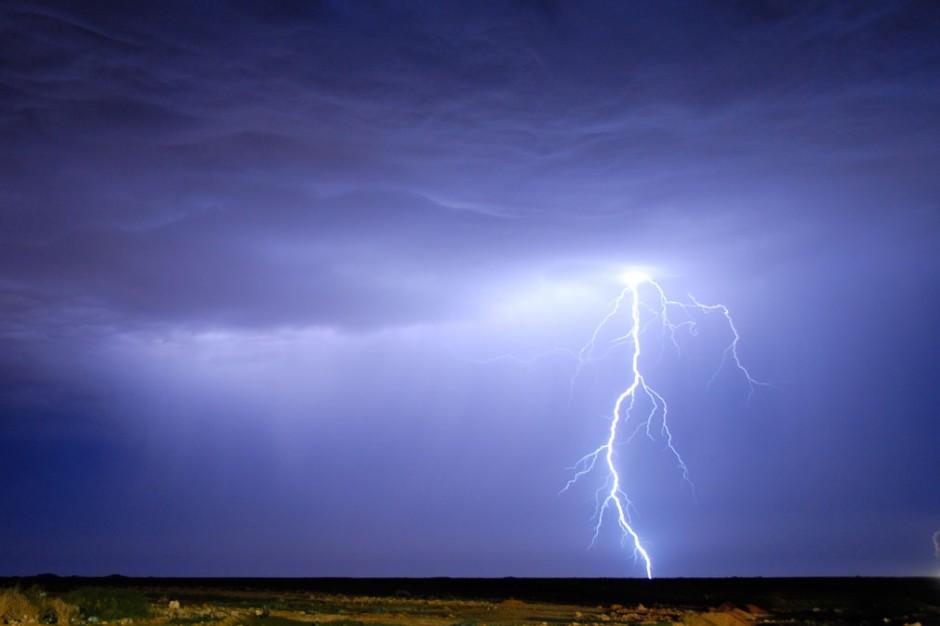Home › Forum Online Discussion › General › Bitcoin Miners Dark Secret: rely on dirty coal energy in China
- This topic has 3 replies, 3 voices, and was last updated 7 years ago by
c_howdy.
-
AuthorPosts
-
December 21, 2017 at 4:15 pm #51543
Michael Winn
KeymasterDecember 21, 2017 at 5:26 pm #51544rideforever
ParticipantI went through all the registration steps needed to buy bitcoins last week, quite laborious and I got myself into quite a frenzy doing it with the surging price of the currency. Reading many articles about it, I suddenly had an image of a frenzied animals orgy feast, as if mankind had descended into an insect-like state, swarming on a piece of dead flesh.
Get rich quick.
We really are in one hell of a mess. God save us if our only hope of life is to corner the market, or find some trick in which we can redeem ourselves.
Where does the money come from ? Where does bitcoin value come from ?
All value ultimately comes from those human beings who are honest and normal enough to turn up for work and do something of value, to contribute to human life and to universal life. They are the salt of the Earth. The energies of their lives are directed towards honest creation.
For thousands of years the Kings & Queens, priests & bankers, have fought over who can tax persecute and rip off in any way the simply humility of a man and woman waking up in the morning and however imperfectly trying to do something useful with their hands.
The stock market feasting is what in reality ? It is a scheme for “clever” people to arrange the mass theft from the honest people. And bitcoin is more of the same.
As a species we excel at manipulation, scheming, and using our cunning to corrupt and thieve from others. That is really what mankind is, truth be known. That is what our intelligence is, a way to sit on our arses whilst taking money from the innocent.
The trusting simple folk have not much time for bitcoin, and whilst they wake up in the morning and go about their lives, many of their species are plotting planning and executing their destruction.
Bitcoin mining by burning fossil fuels … is simply more insanity, to go along with mankind’s other insanity.
There is a light a love a peace to turn to, but the blood lust and the human mind does not comprehend such things.
Insect. That is the level humans are descending to. Billions of them, a swarm.
In this body where once noble intent tried to take root, now reduced, now finished.
A being who does not know his own strength, will fight to the death to steal from others.
The path is a quiet and wonderful valley, there are others on this road, but not many.
 December 21, 2017 at 5:44 pm #51545
December 21, 2017 at 5:44 pm #51545rideforever
ParticipantThe greatest alchemy is facing the truth within oneself.
It creates sparks, lightning, energy, that is scarcely believable.
 May 16, 2018 at 3:32 pm #52501
May 16, 2018 at 3:32 pm #52501c_howdy
ParticipantBitcoin estimated to use half a percent of the world’s electric energy by end of 2018
May 16, 2018, Cell Press
https://techxplore.com/news/2018-05-bitcoin-percent-world-electric-energy.html
Bitcoin’s burgeoning electricity demands have attracted almost as much attention as the cryptocurrency’s wildly fluctuating value. But estimating exactly how much electricity the Bitcoin network uses, necessary for understanding its impact and implementing policy, remains a challenge. In the first rigorously peer-reviewed article quantifying Bitcoin’s energy requirements, a Commentary appearing May 16 in the journal Joule, financial economist and blockchain specialist Alex de Vries uses a new methodology to pinpoint where Bitcoin’s electric energy consumption is headed and how soon it might get there.
“We’ve seen a lot of back-of-the-envelope calculations, but we need more scientific discussion on where this network is headed. Right now, the information available is pretty poor quality overall, so I’m hoping that people will use this paper as a foundation for more research,” says de Vries, who works at the Experience Center of PwC in the Netherlands and is the founder of Digiconomist (@DigiEconomist), a blog that aims to better inform cryptocurrency users.
His estimates, based in economics, put the minimum current usage of the Bitcoin network at 2.55 gigawatts, which means it uses almost as much electricity as Ireland. A single transaction uses as much electricity as an average household in the Netherlands uses in a month. By the end of this year, he predicts the network could be using as much as 7.7 gigawatts—as much as Austria and half of a percent of the world’s total consumption. “To me, half a percent is already quite shocking. It’s an extreme difference compared to the regular financial system, and this increasing electricity demand is definitely not going to help us reach our climate goals,” he says. If the price of Bitcoin continues to increase the way some experts have predicted, de Vries believes the network could someday consume 5% of the world’s electricity. “That would be quite bad.”
Bitcoin is dependent on computers that time-stamp transactions into an ongoing chain to prevent duplicate spending of coins. Computers in the network perform calculations continuously, competing for the chance, once every ten minutes, to be appointed to create the next block of transactions in the chain. The user of the computer that wins is awarded 12.5 new coins—a process known as “mining” Bitcoin. But all the time, even the users that don’t win are expending computing power. “You are generating numbers the whole time and the machines you’re using for that use electricity. But if you want to get a bigger slice of the pie, you need to increase your computing power. So there’s a big incentive for people to increase how much they’re spending on electricity and on machines,” de Vries says.
It’s figuring out when that incentive stops paying off that is at the heart of de Vries’s estimation method. Economic principles suggest that the entire Bitcoin network will eventually reach an equilibrium where the costs of the hardware and electricity used to mine equal the value of the Bitcoin being mined. And that information can approximate the total amount of electricity that the network will use at said equilibrium.
Other researchers have used the fundamentals of this method before, but de Vries goes farther. He uses production information about Bitmain, the biggest manufacturer of Bitcoin mining machines, to estimate both how much of a miner’s costs are associated with hardware rather than electricity and when this equilibrium might be reached. And while he does have confidence in his estimates, the problem with this method is that these manufacturers are extremely secretive. “Sometimes the best information we’ve got is really shaky eyewitness accounts. That’s the stuff we have to work with,” he says.
Still, he believes that getting a good estimate is important in determining the sustainability of cryptocurrencies moving forward and in helping shape policy around them. Some states in the U.S. have already started to put restrictions around Bitcoin mining. “But you need to base your policy on something. And I think that my method is important in that regard, because it’s very forward-looking. It’s focused not on the now, but on where we’re headed. And I think that’s something you really need to know if you’re going to draft policy about it,” he says.
He also points out that there is plenty of room for discussion of his method. “I think everyone agrees on the minimum energy consumption. But the future estimate? That’s actually quite debatable. We don’t really have a common approach to getting to a future estimate of electricity consumption right now, which is why I am hoping to get this conversation started. I’m doing this research, but a lot of people should be doing it.”
-
AuthorPosts
- You must be logged in to reply to this topic.
